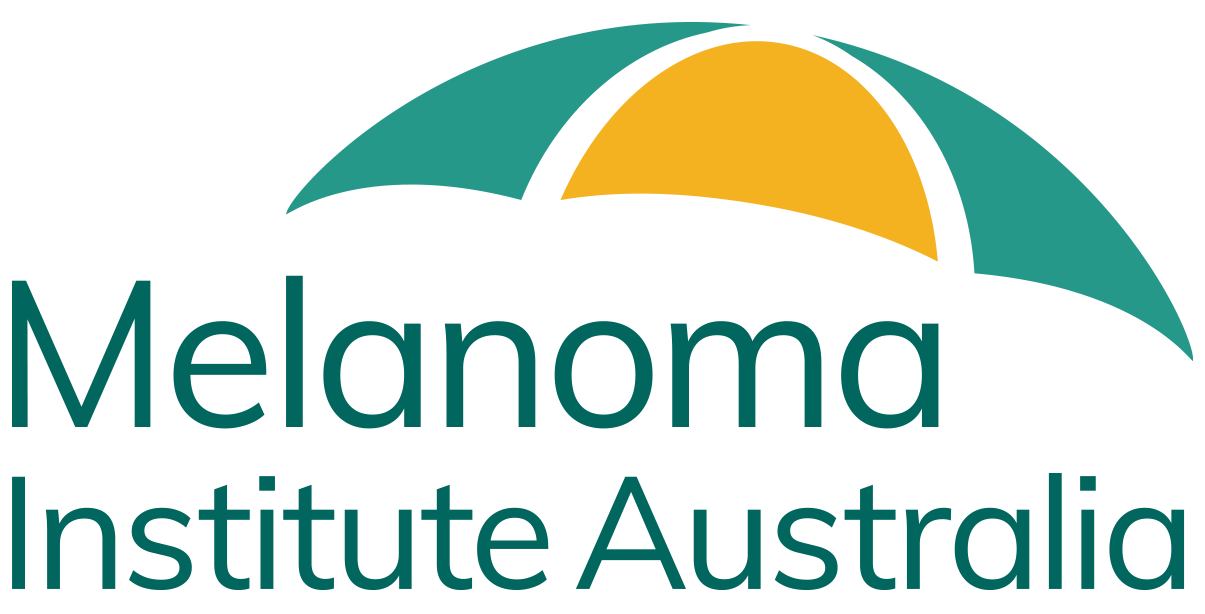Researchers uncover treatment sequence for advanced melanoma patients

Australian researchers have greater clarity on the best course of treatment for patients with advanced melanoma which has spread to the brain.
Results from a clinical trial, developed and run by investigators at Melanoma Institute Australia and published in the Lancet Oncology, demonstrate that a combination of immunotherapies are most active in patients with asymptomatic brain metastases who have not previously been treated.
The Phase II trial known as the Anti-PD1 Brain Collaboration (ABC) trial involved advanced melanoma patients being given either a combination of two immunotherapy drugs (nivolumab [Opdivo®] and ipilimumab [Yervoy®]) or single therapy (nivolumab alone).
The results from the trial suggest that patients with asymptomatic brain metastases who have not received any prior targeted therapy (e.g. MEK or BRAF inhibitors) have a high chance of long-term response to treatment. Response rates were less effective in patients who had already been treated with targeted therapy.
“We now have a better understanding of the order in which we should be giving treatment to our advanced melanoma patients. This research will be used to change the way we treat patients who come to us with brain metastases,” said Professor Georgina Long, the study’s chief investigator, Conjoint Medical Director of Melanoma Institute Australia and Chair of Melanoma Medical Oncology and Translational Research at The University of Sydney. “Our findings suggest that our first treatment option for these patients should be giving this combination of immunotherapies instead of targeted therapy.”
Typically, patients with active brain metastases survive only four to five months and never even used to be admitted to clinical trials because their prognosis was so dire.
Results of the ABC trial demonstrated that 46% of advanced melanoma patients with brain metastases treated with the combination immunotherapy were still alive at 17 months (compared to 20% in patients who received nivolumab alone). In patients not previously been treated with targeted therapy, the results were even better with 56% of patients achieving an overall response rate.
The study also found that they could halt disease progression in some patients too. In 17% of patients receiving the combination treatment, their melanoma completely disappeared from their brain.
“This research should give hope to melanoma patients,” said Professor Long. “It means that having brain metastases is no longer a death sentence for some patients.”



